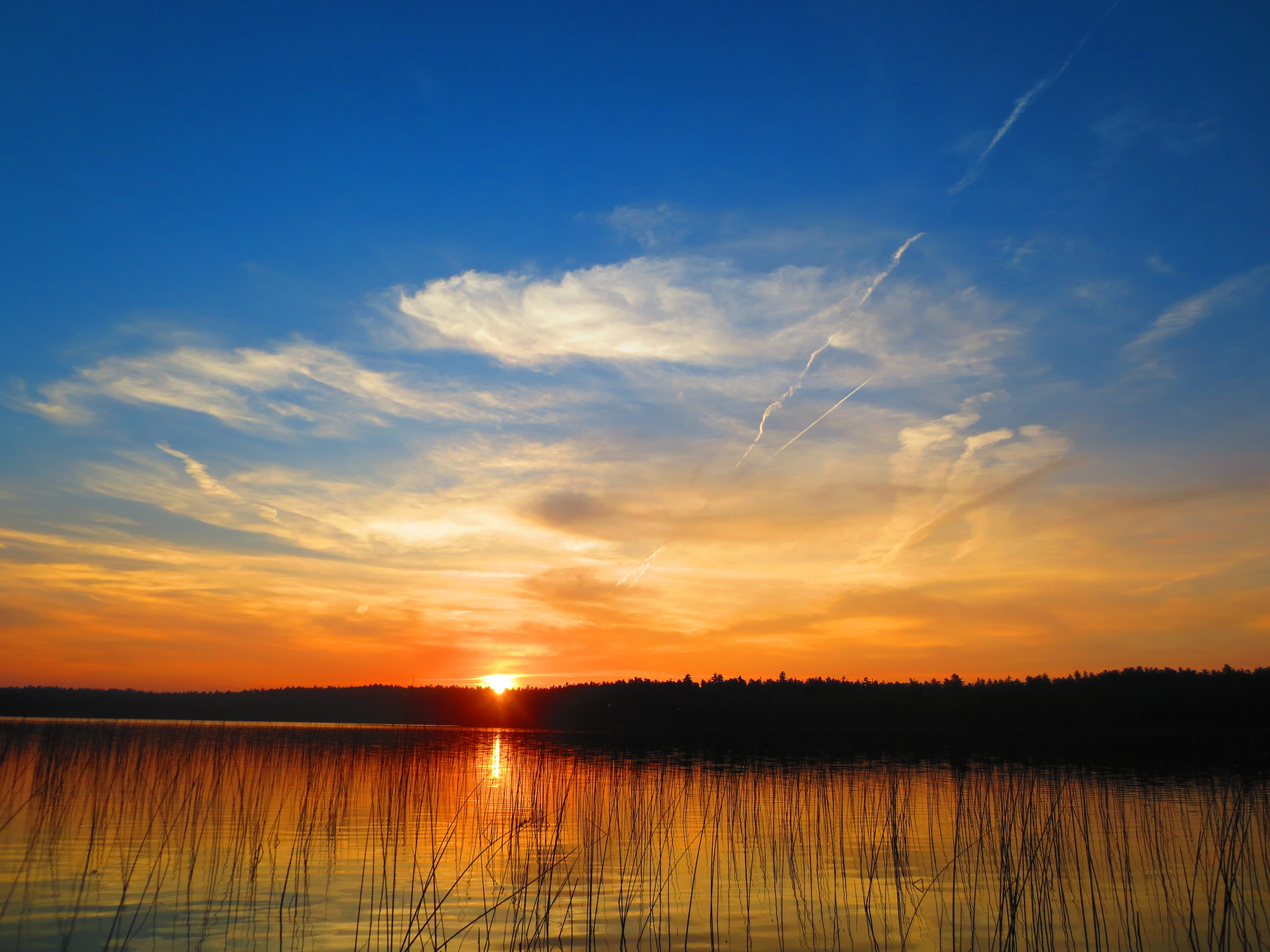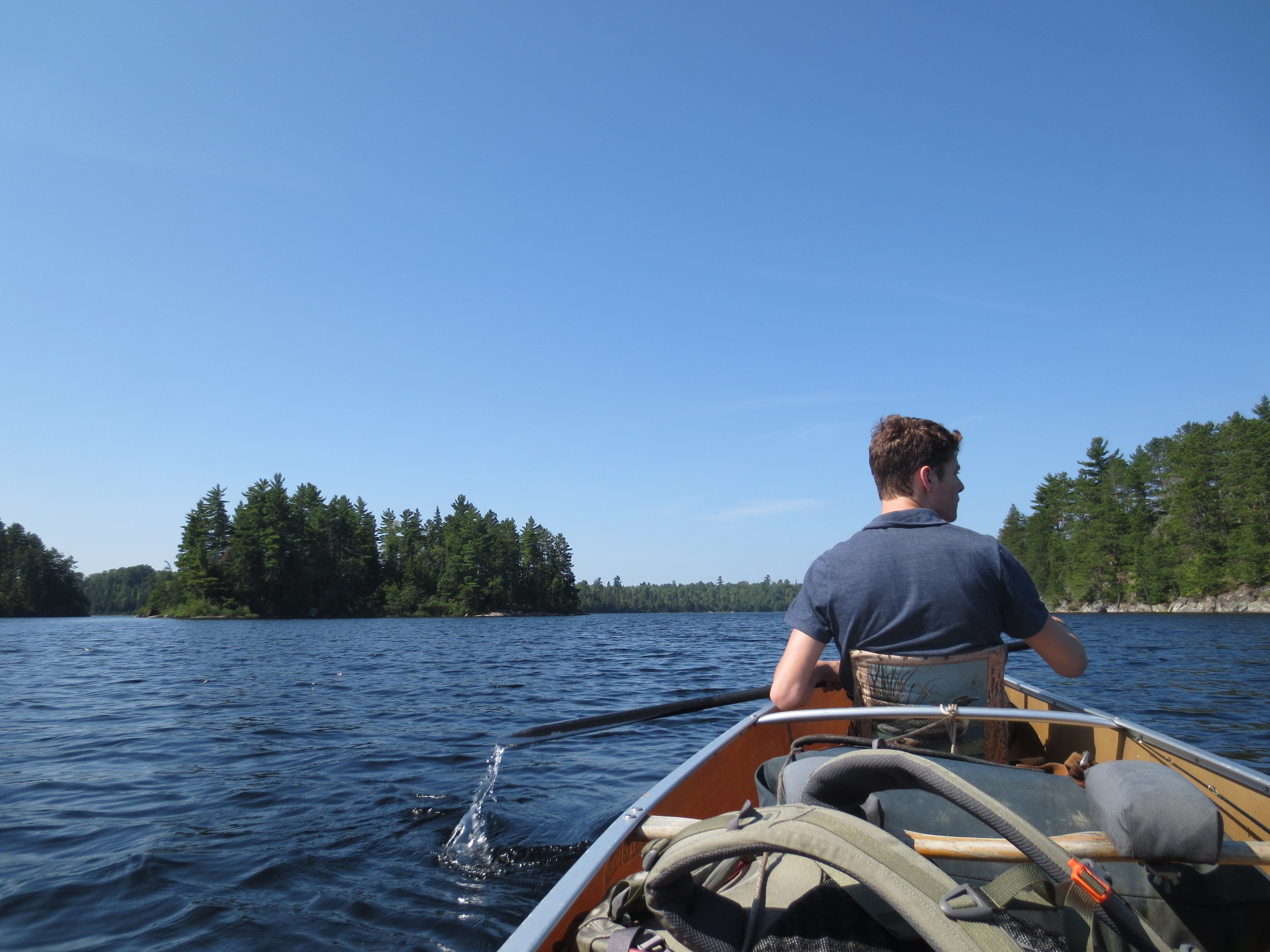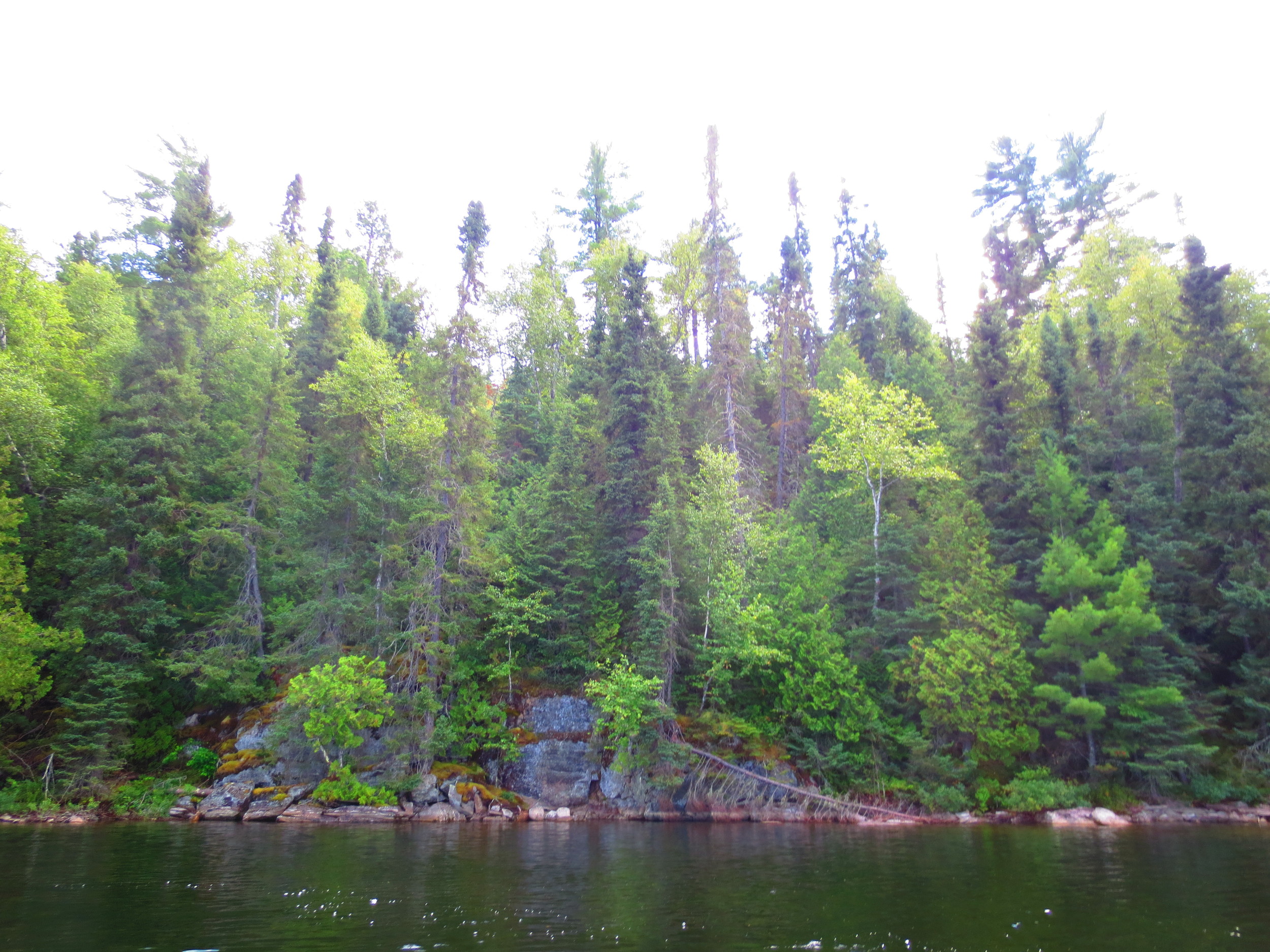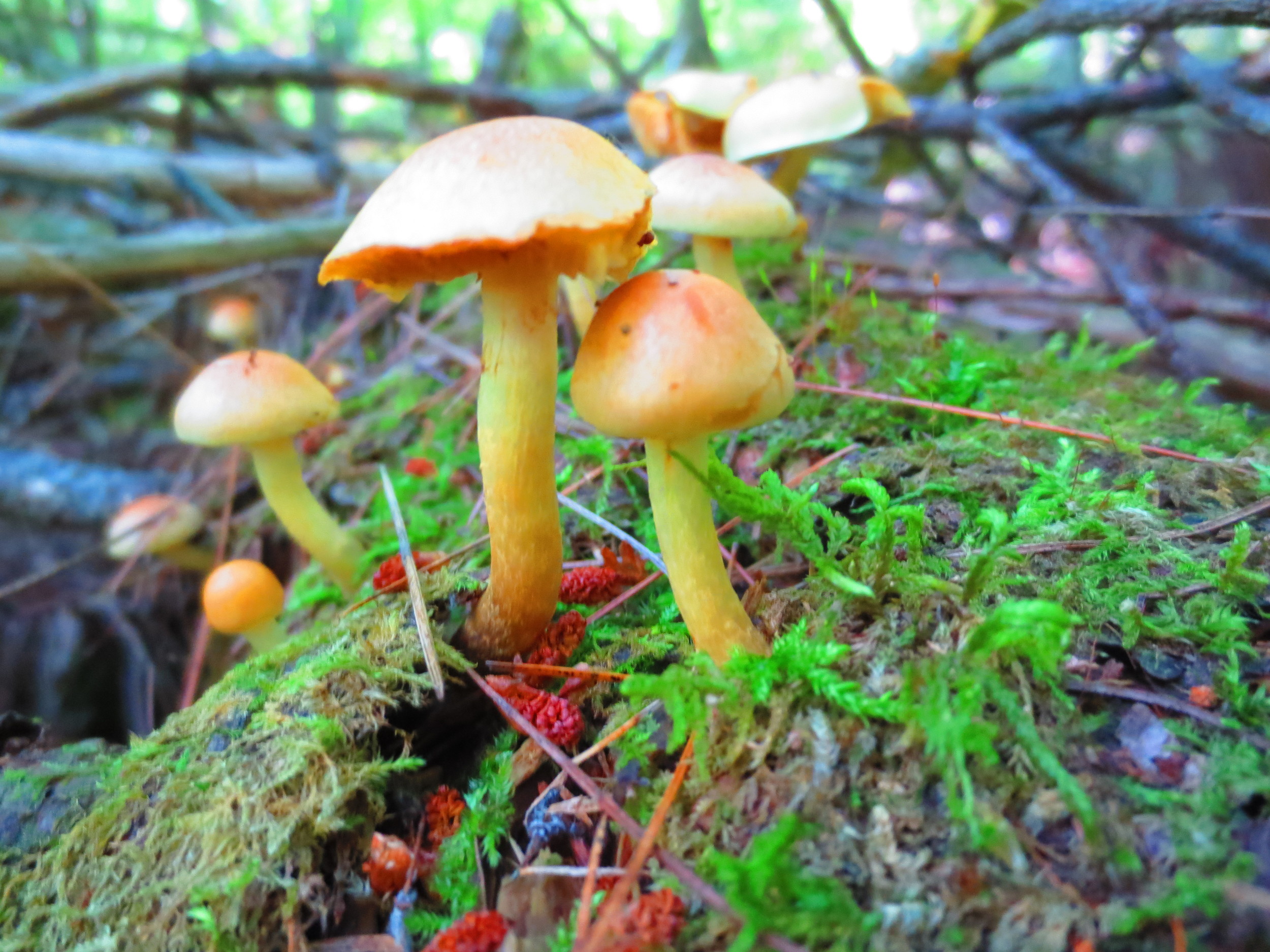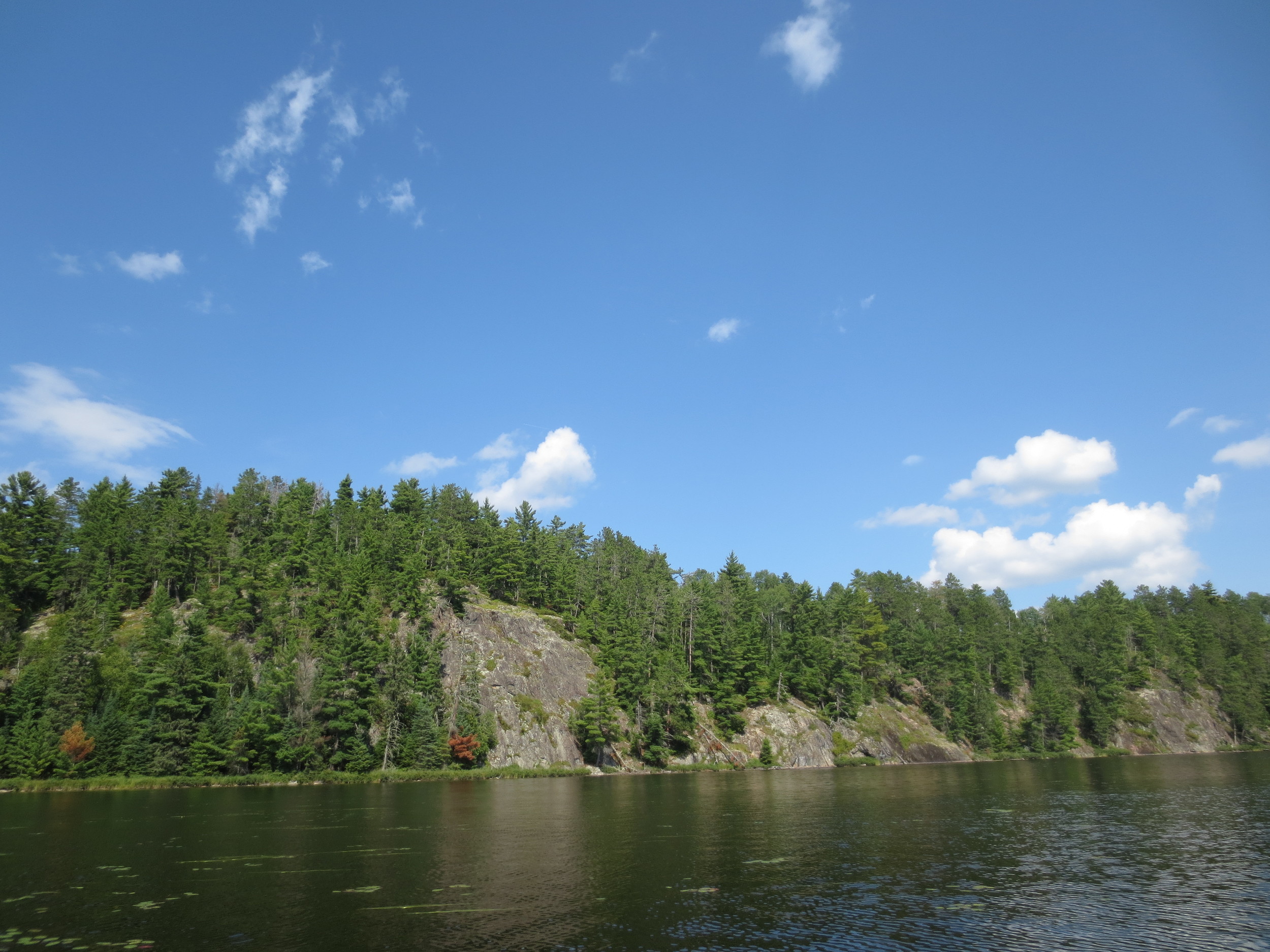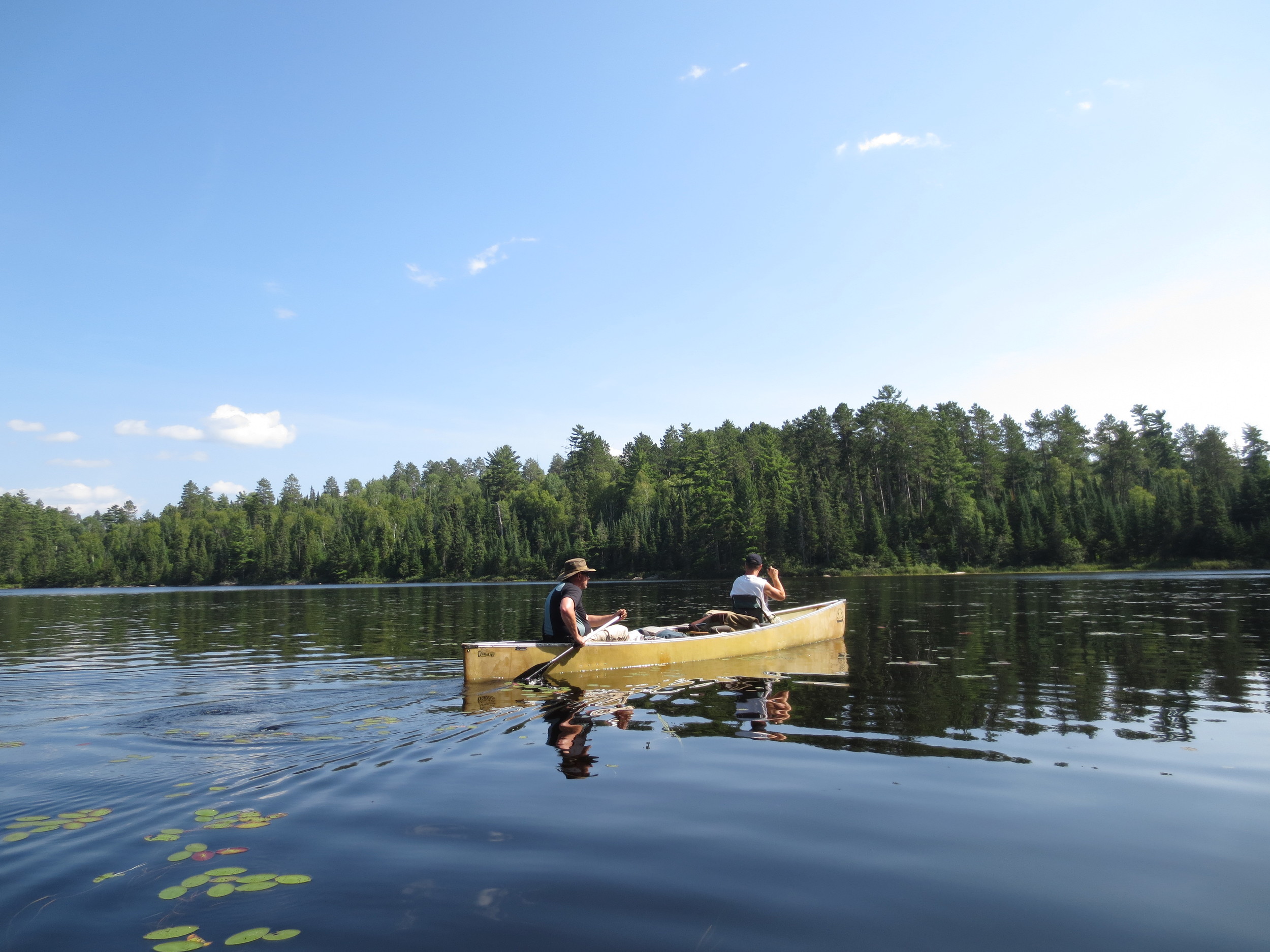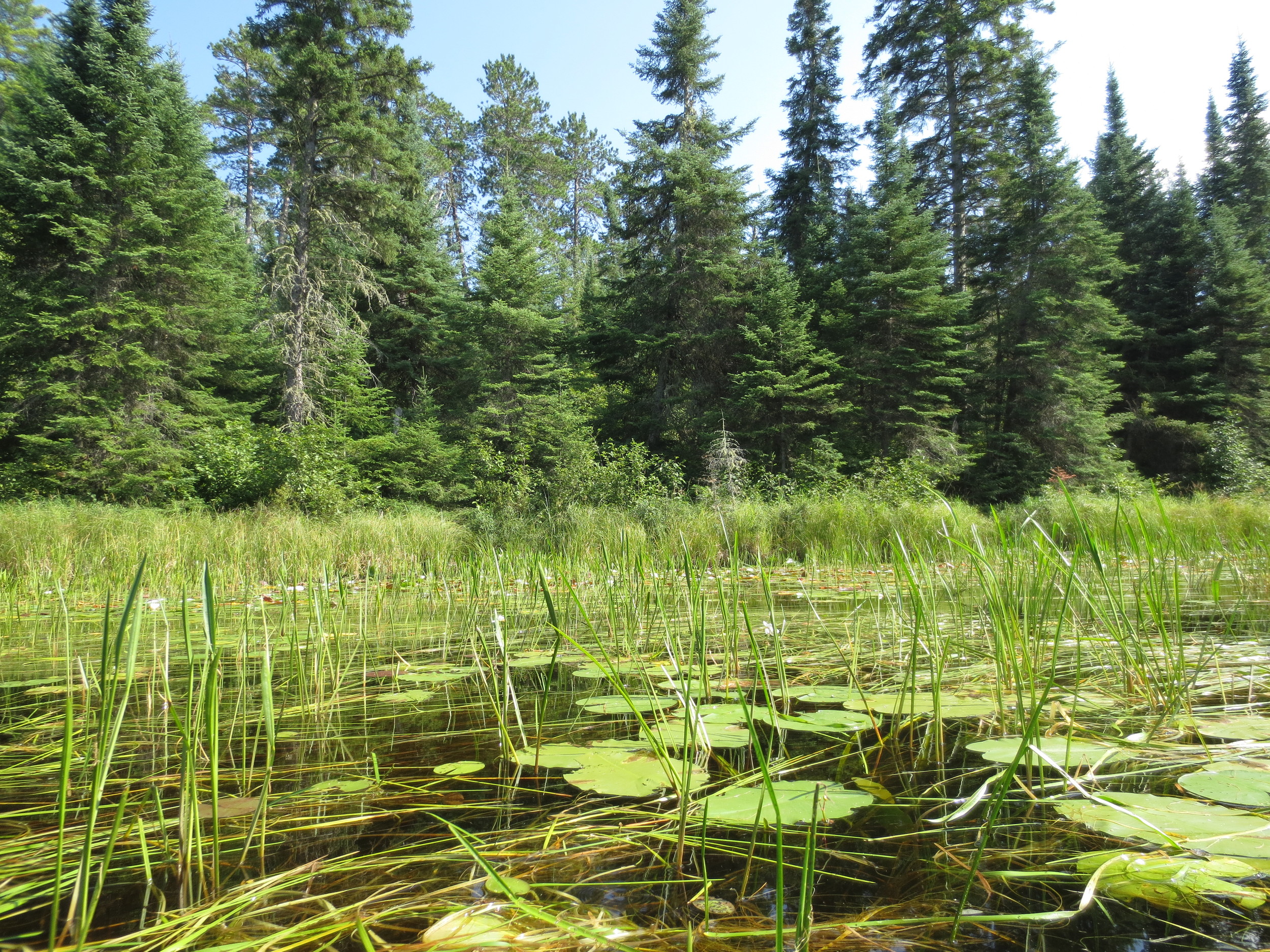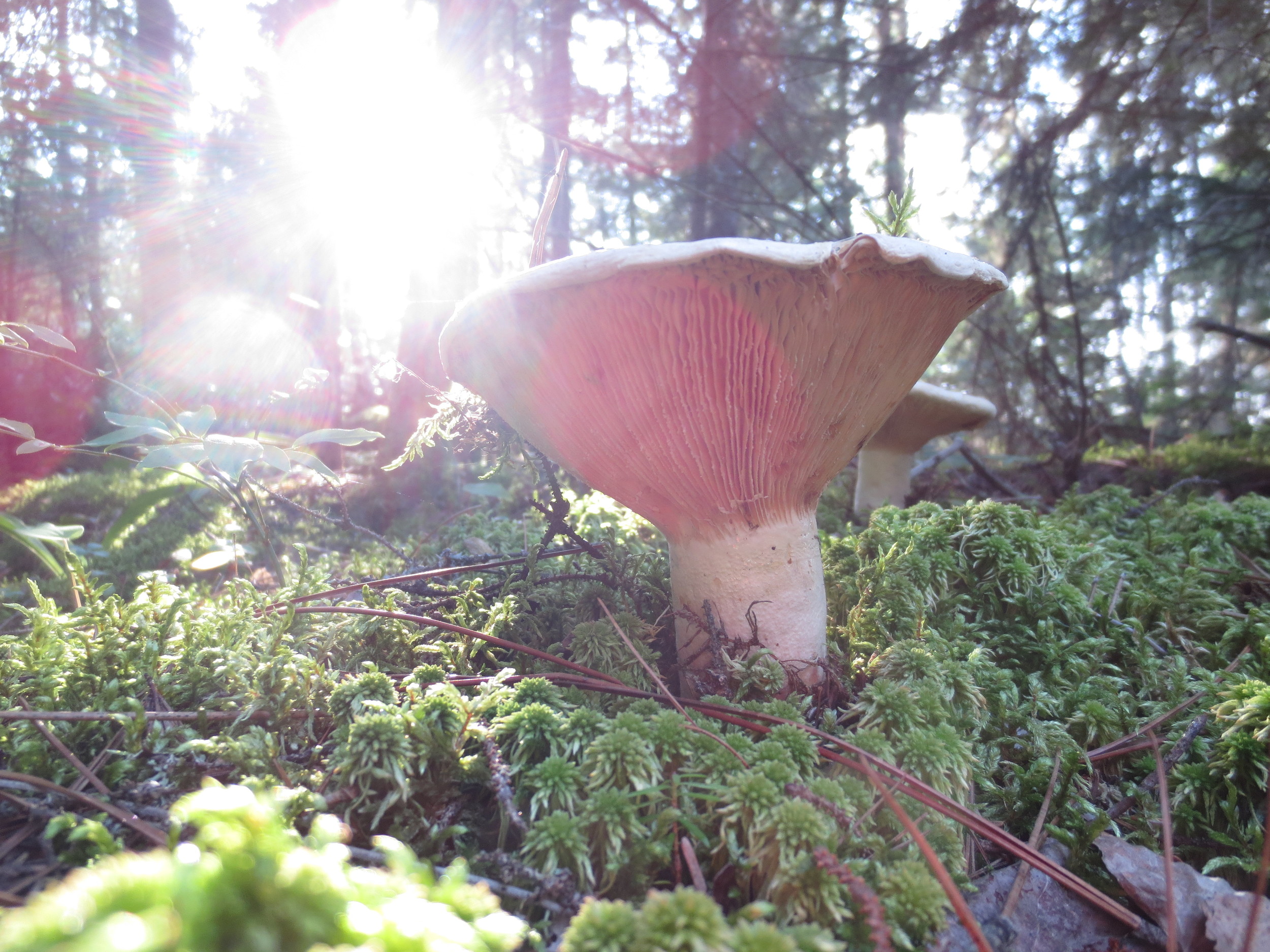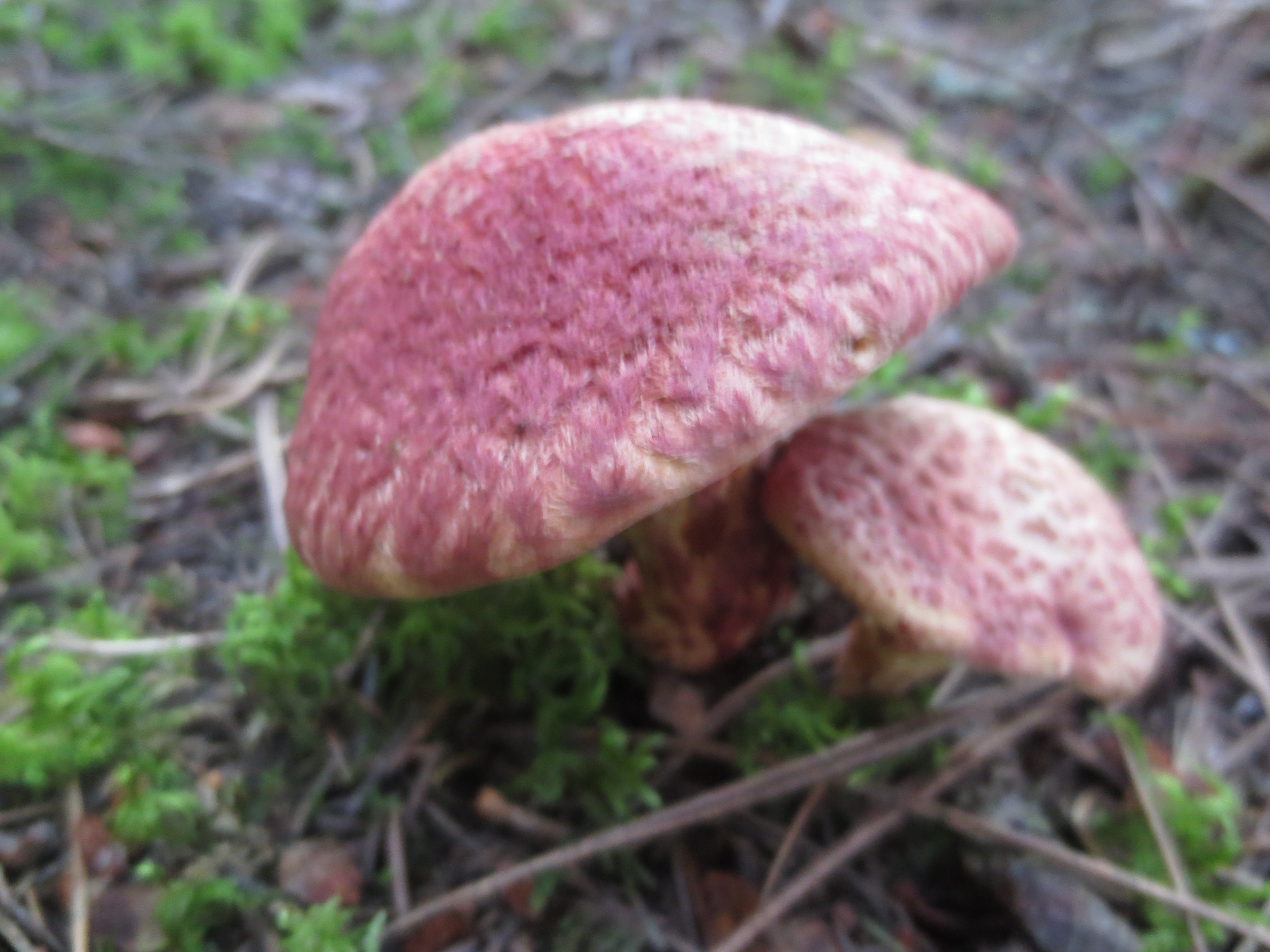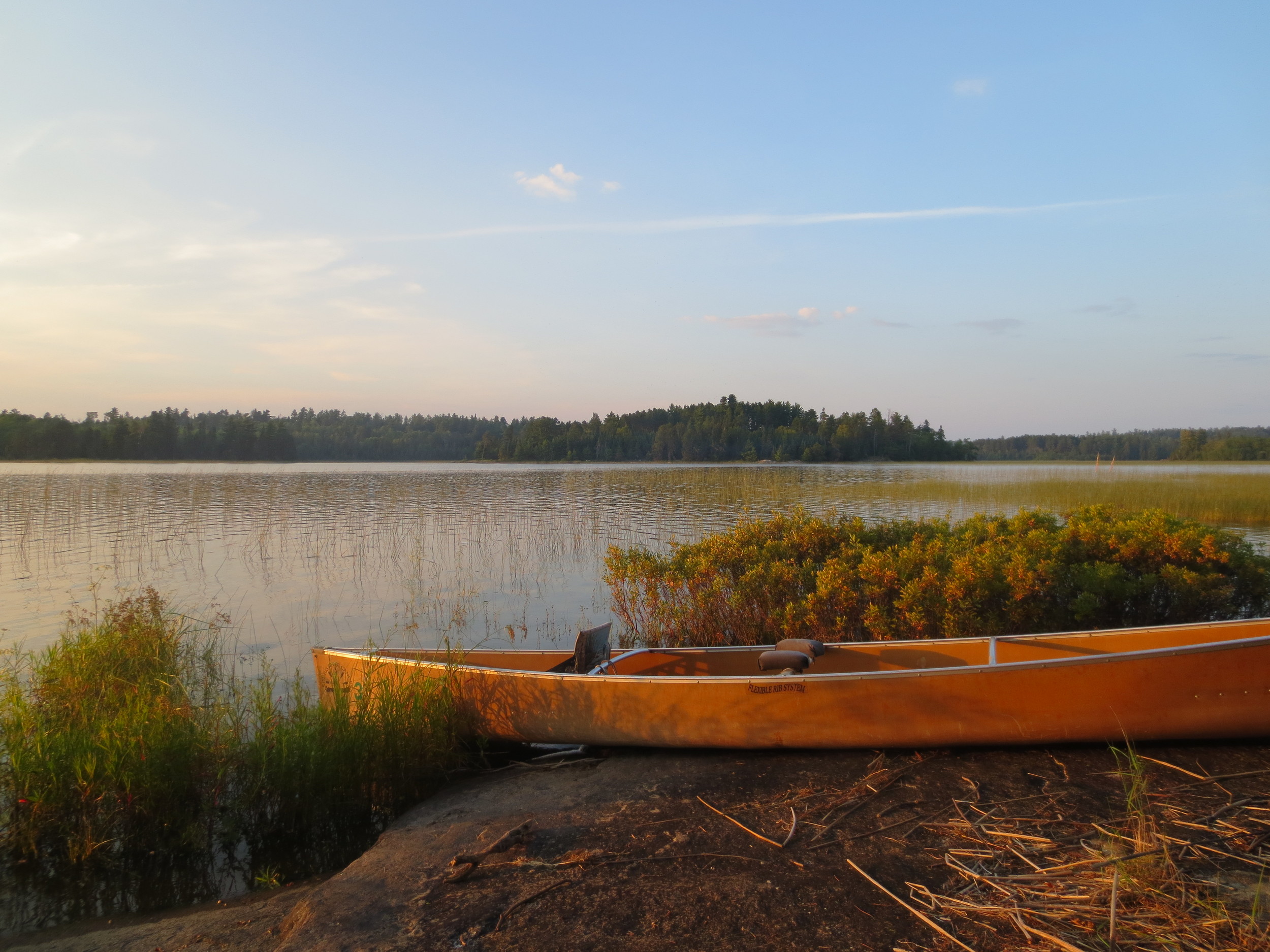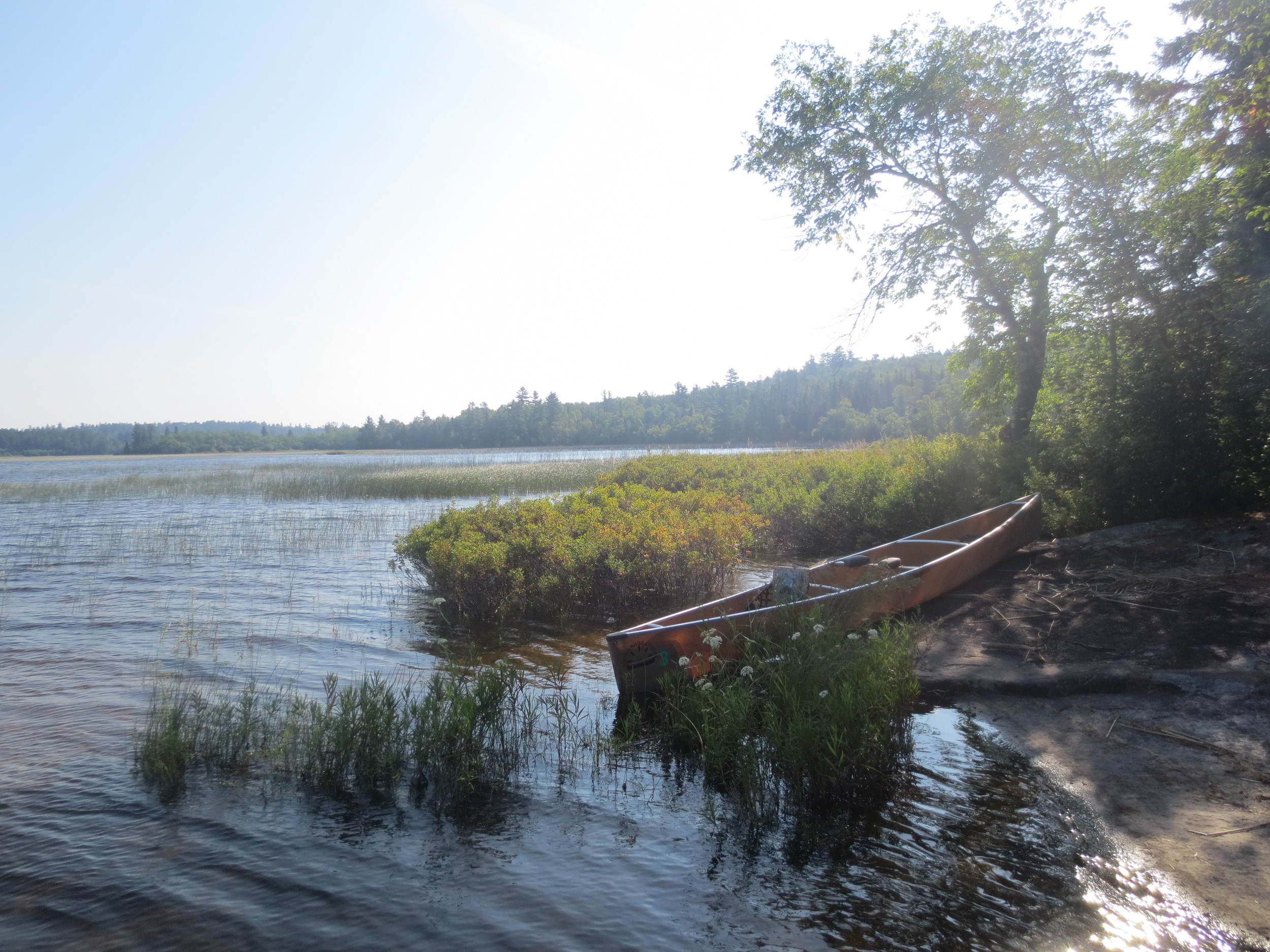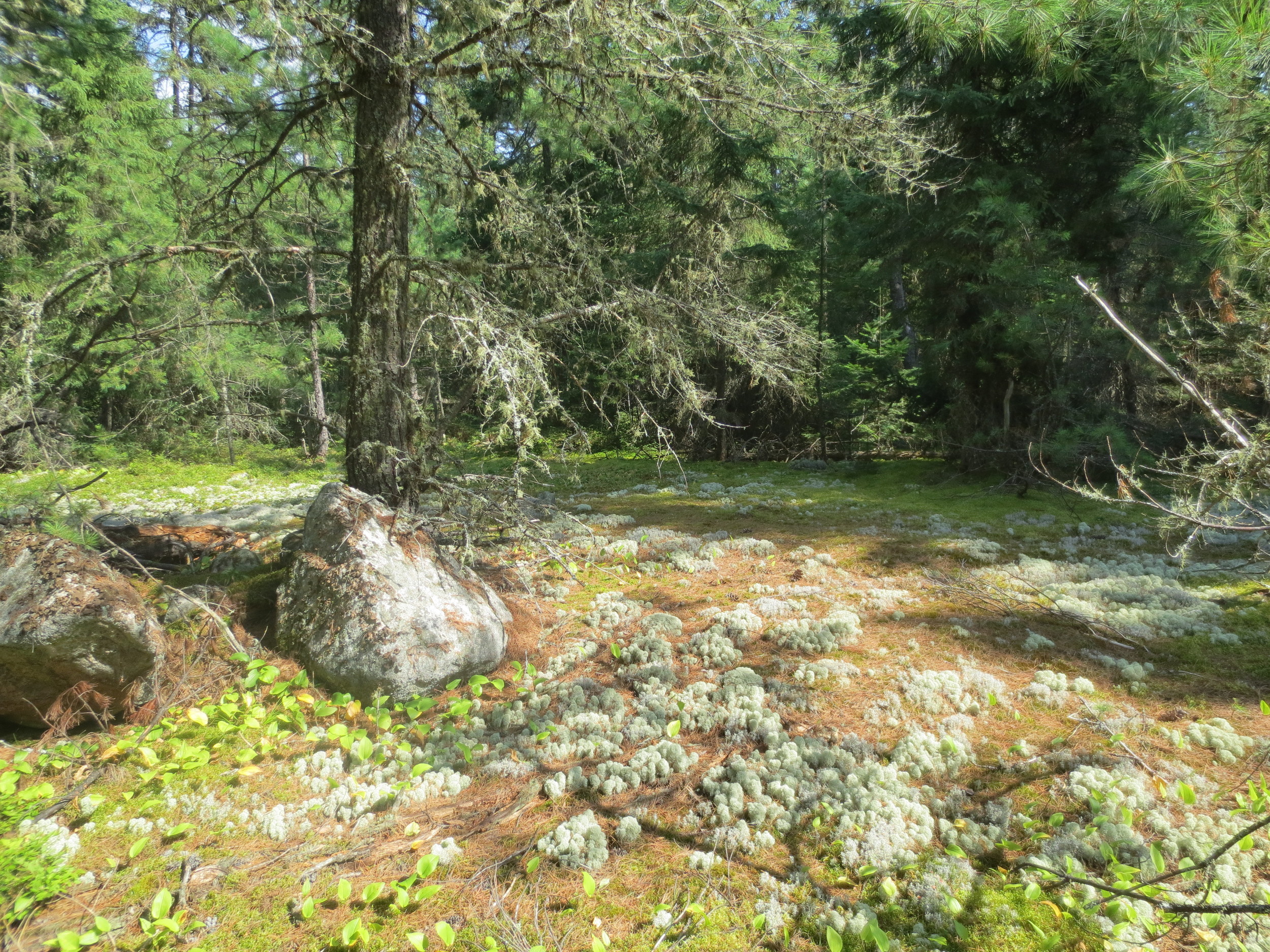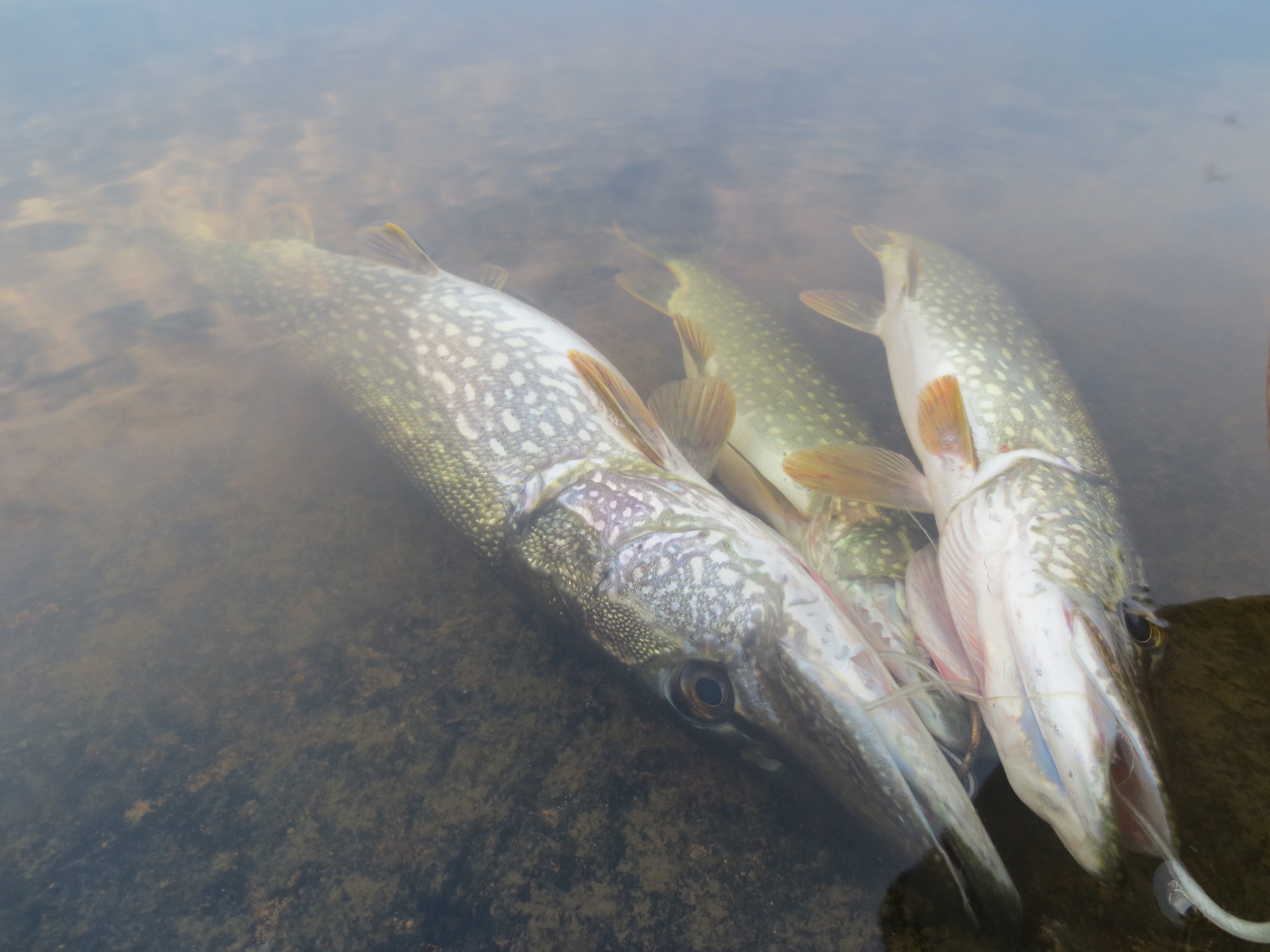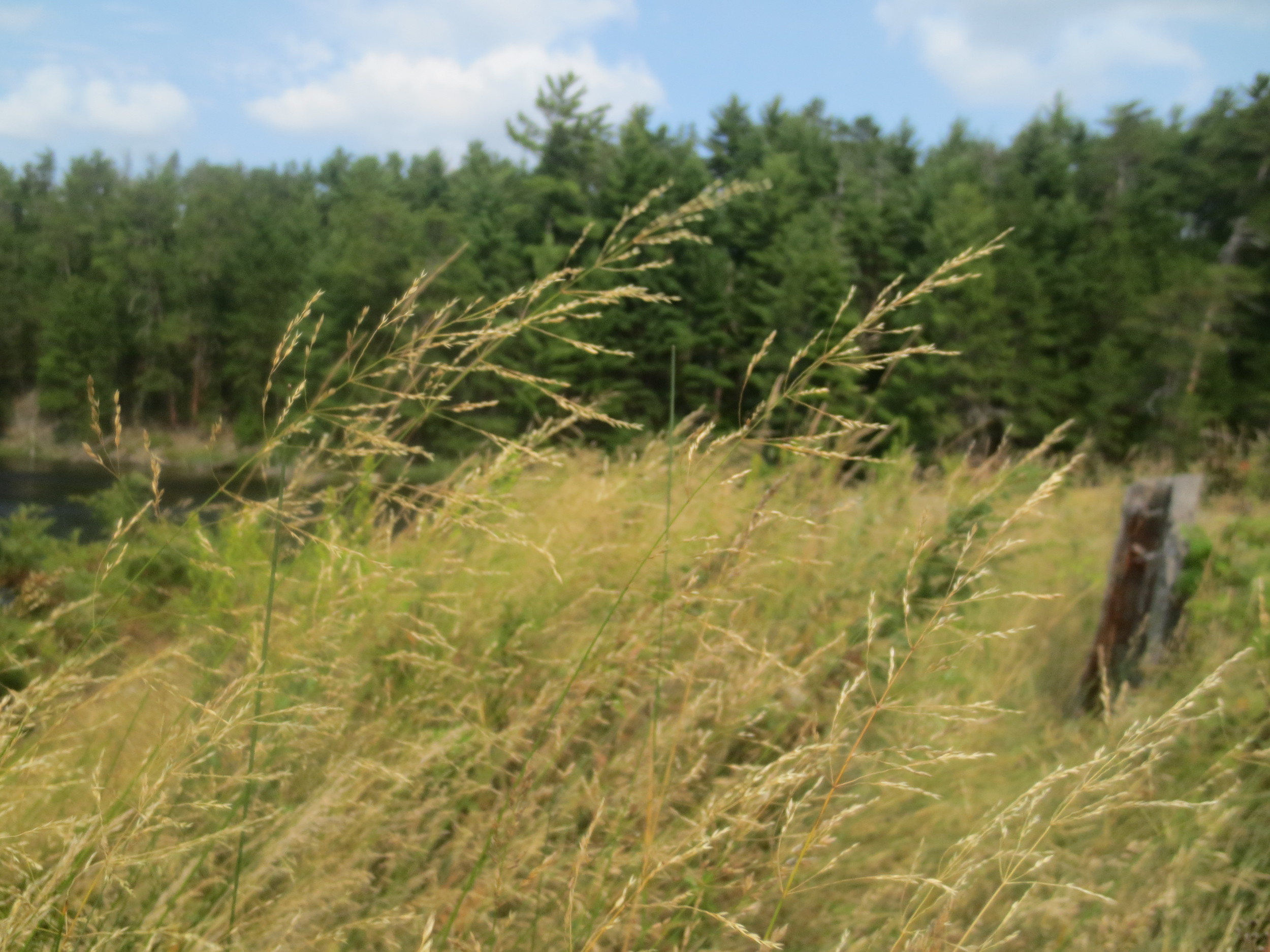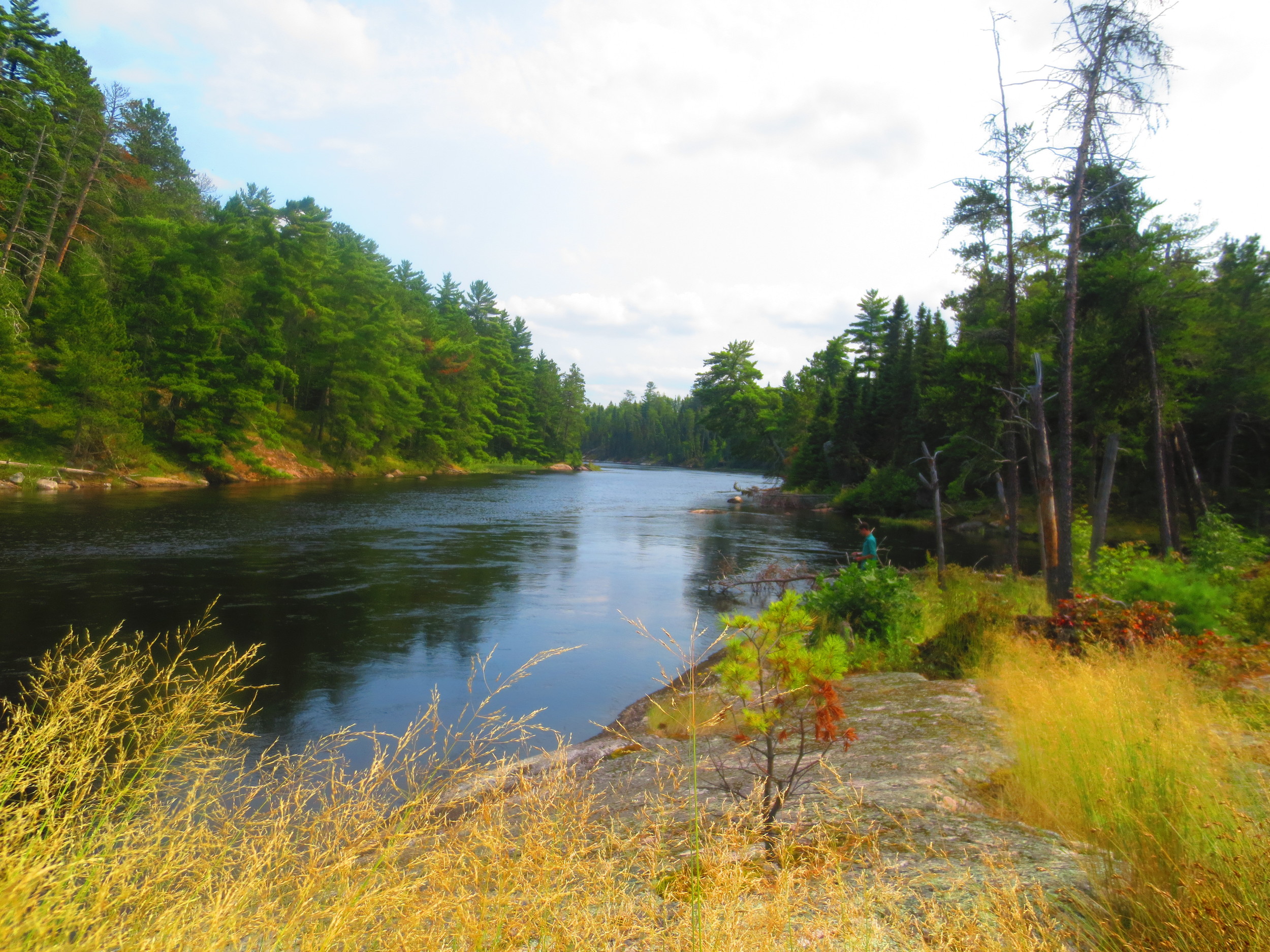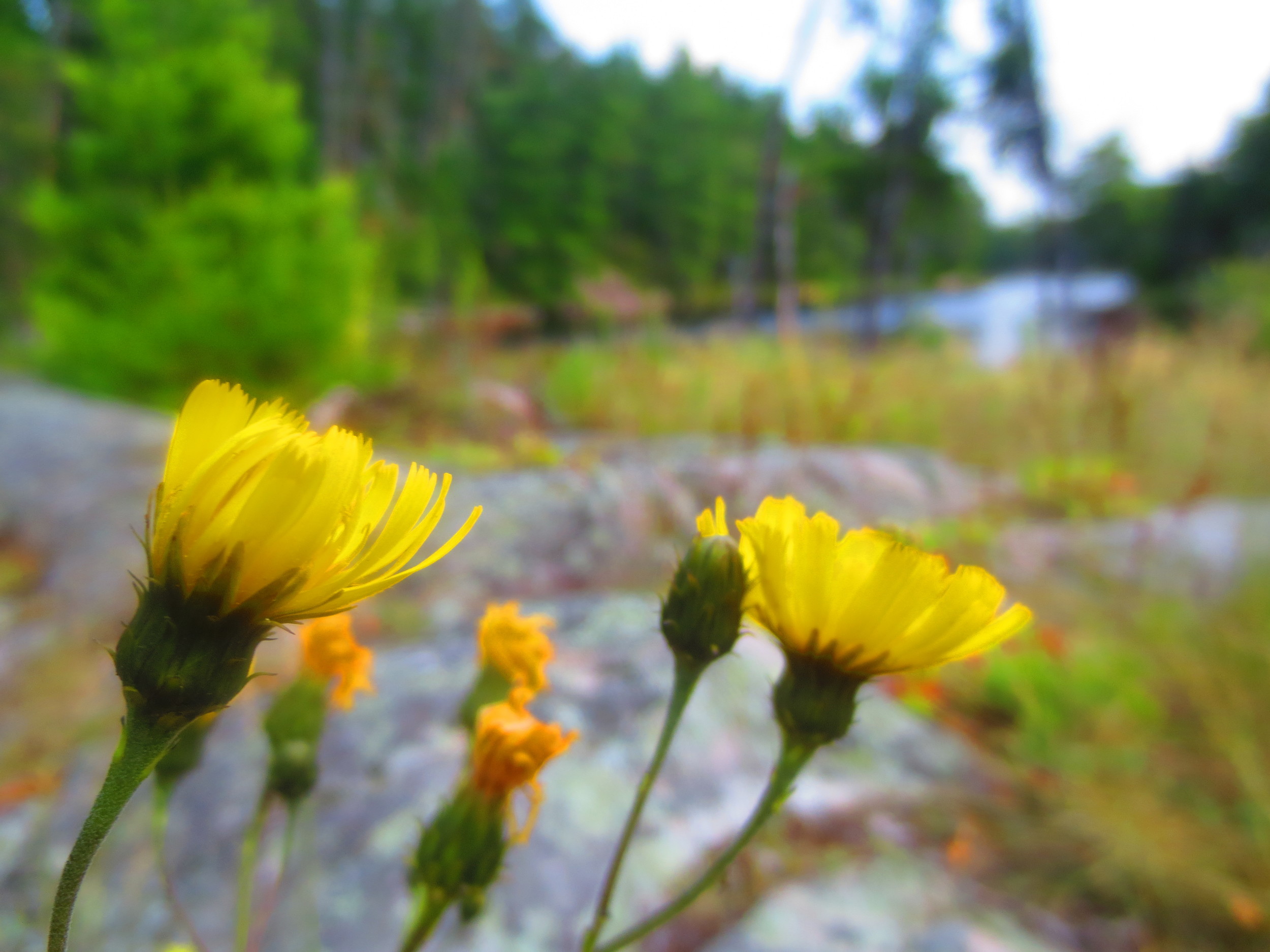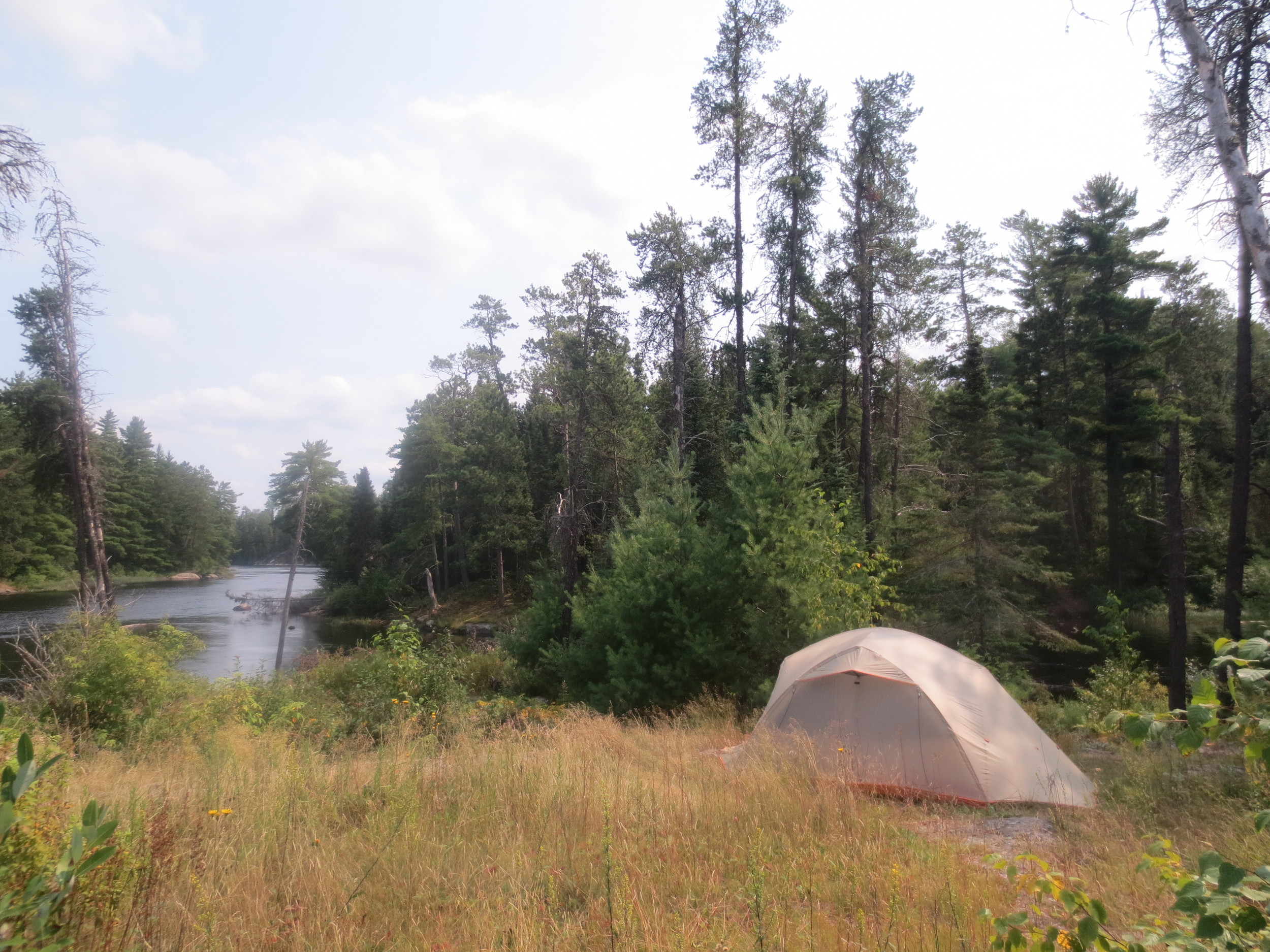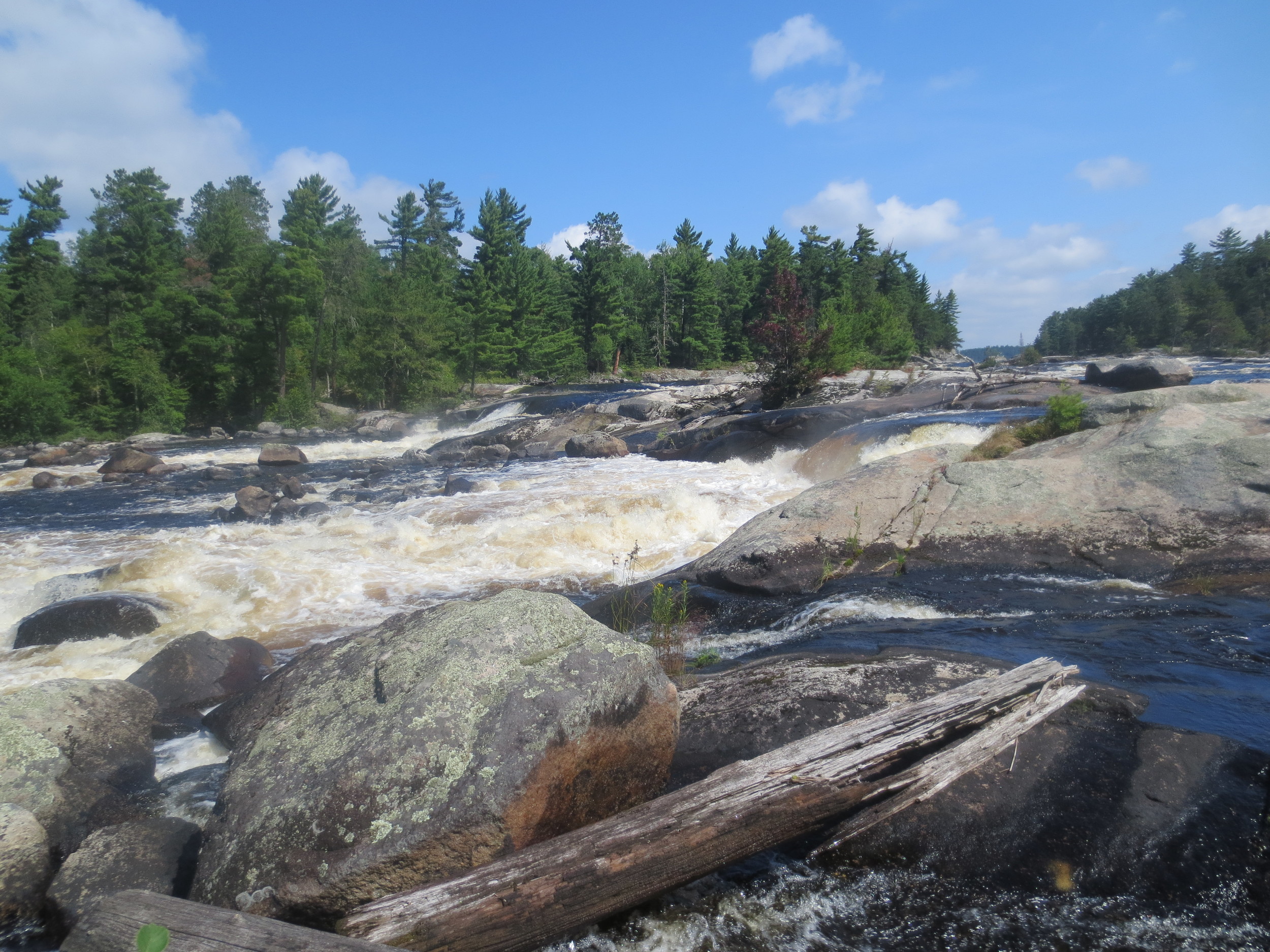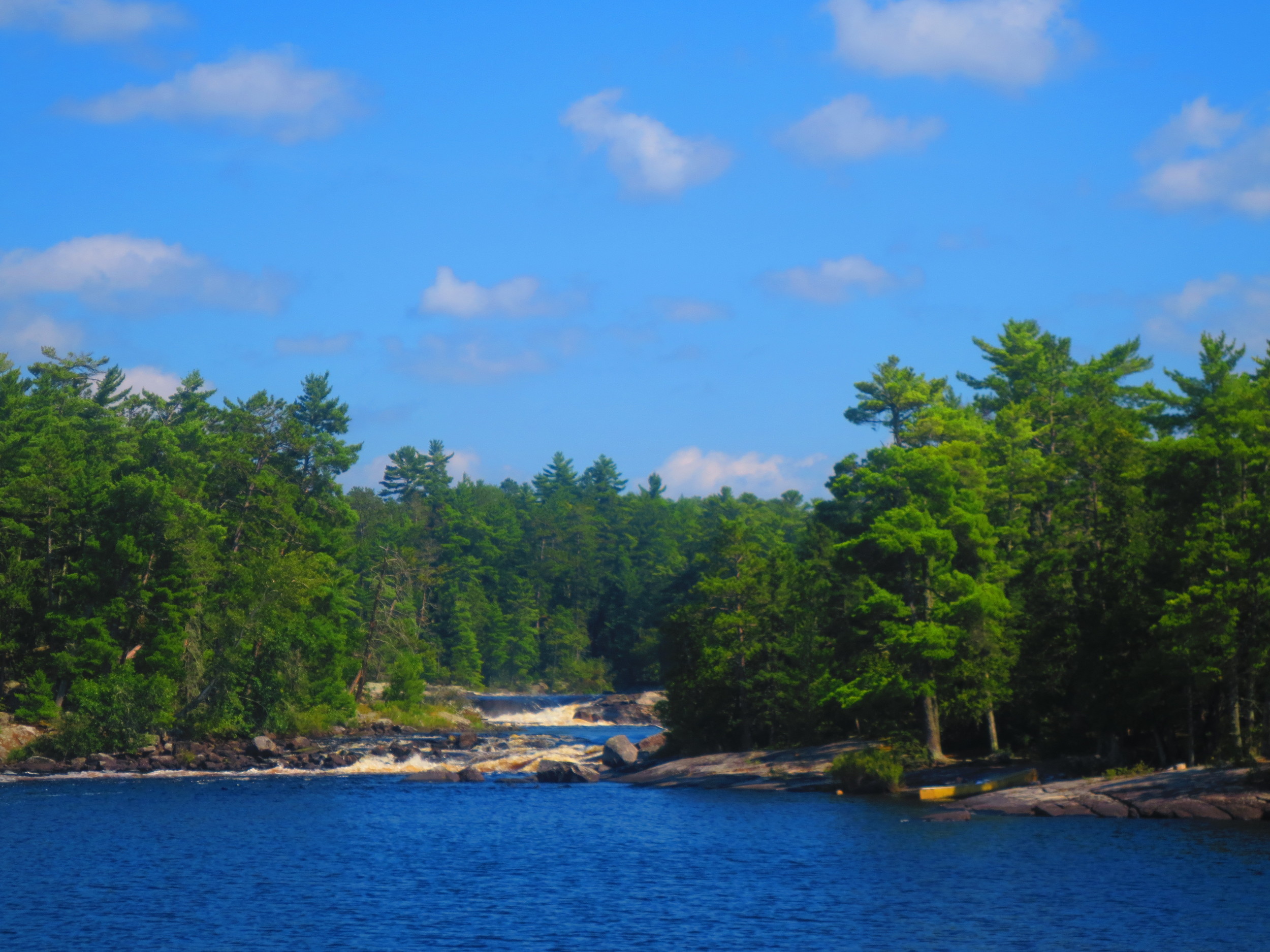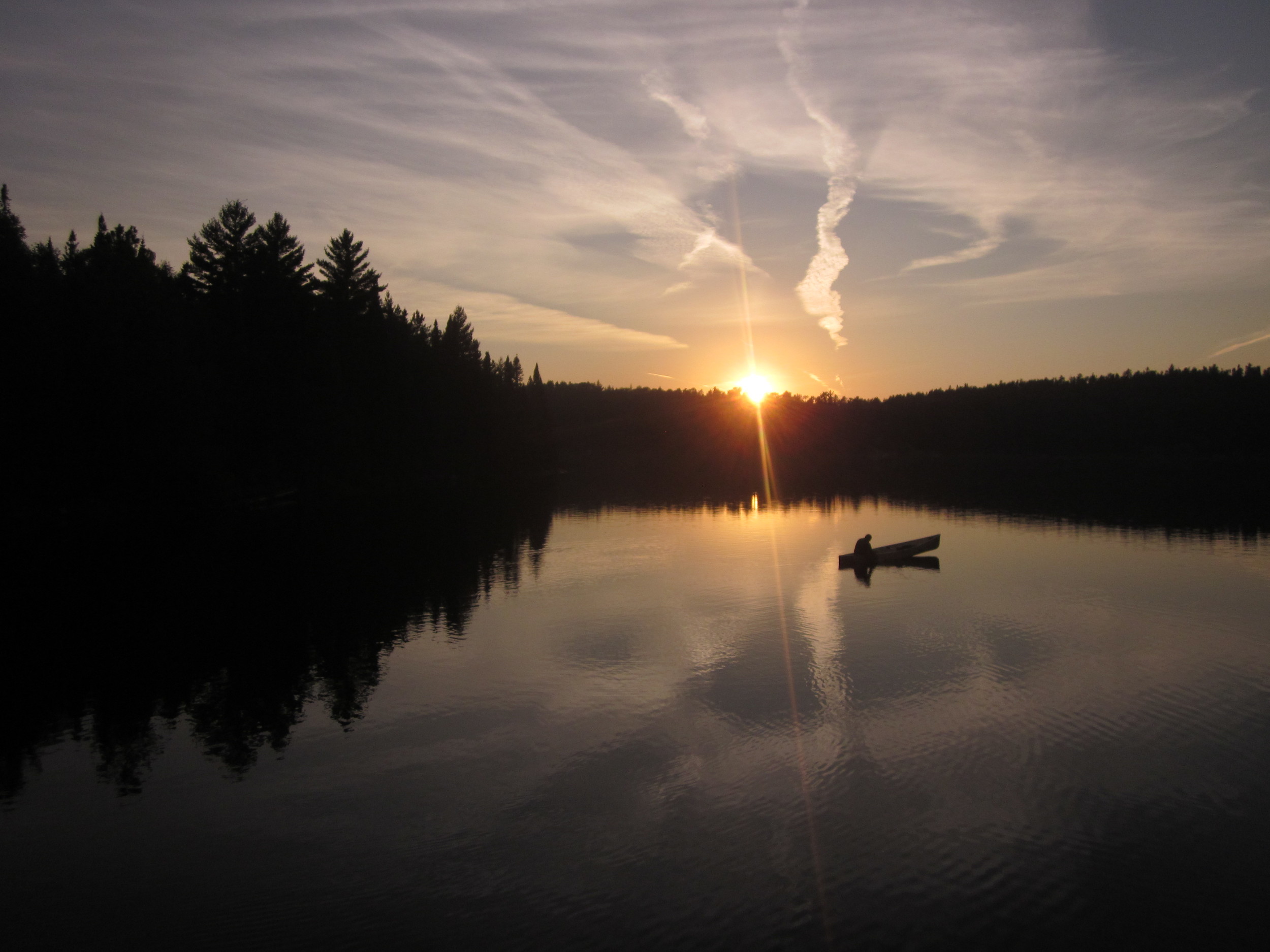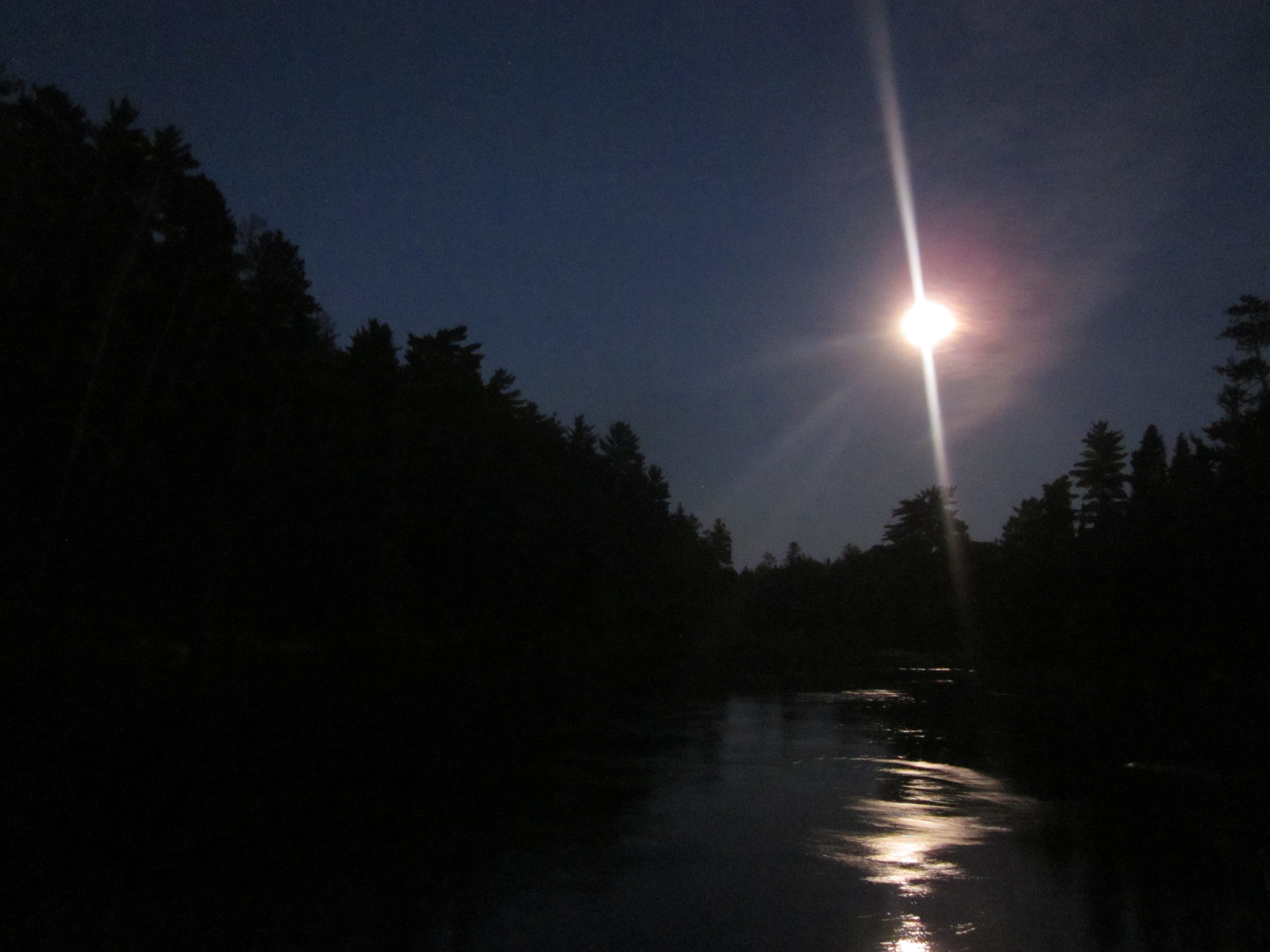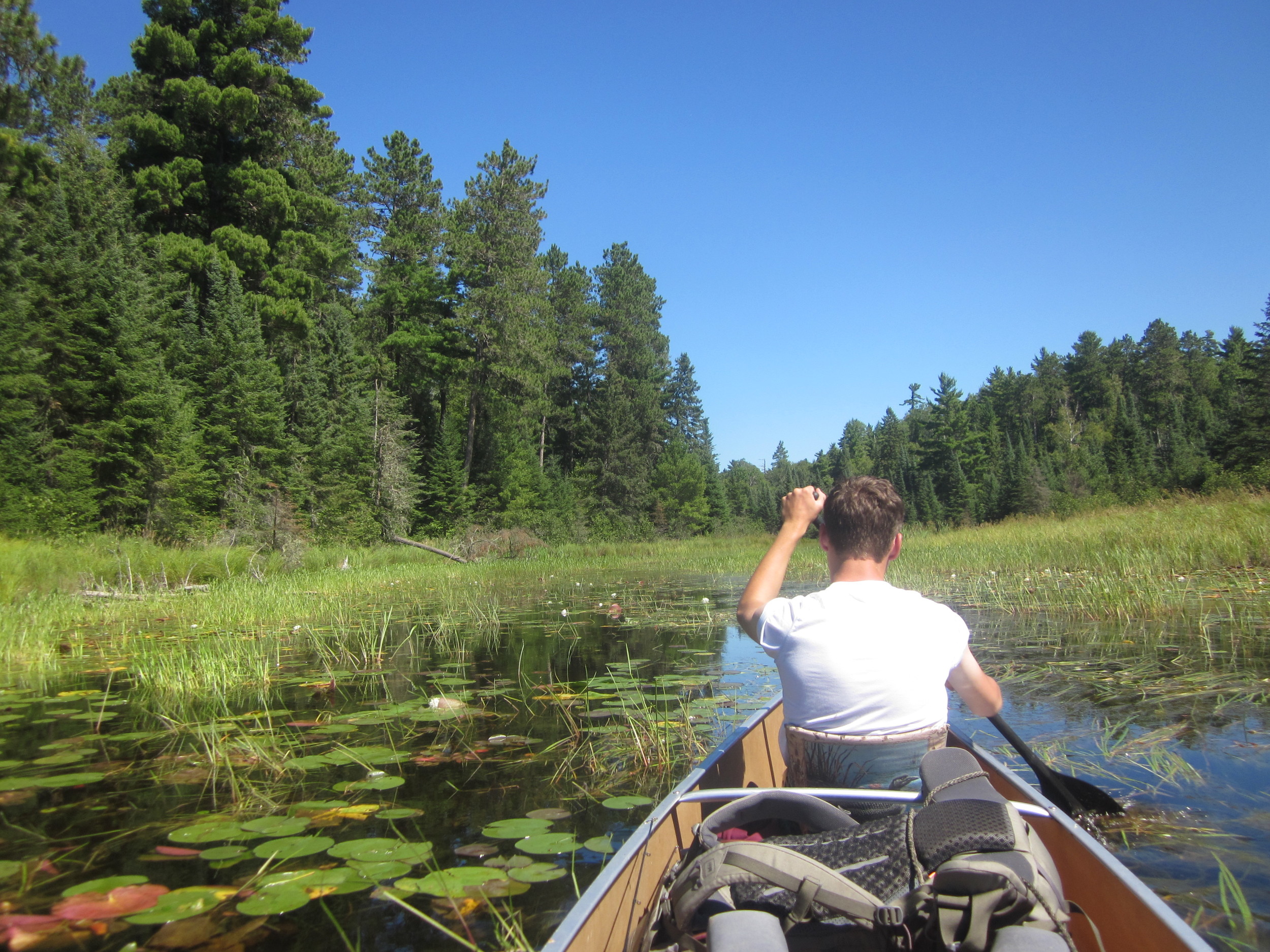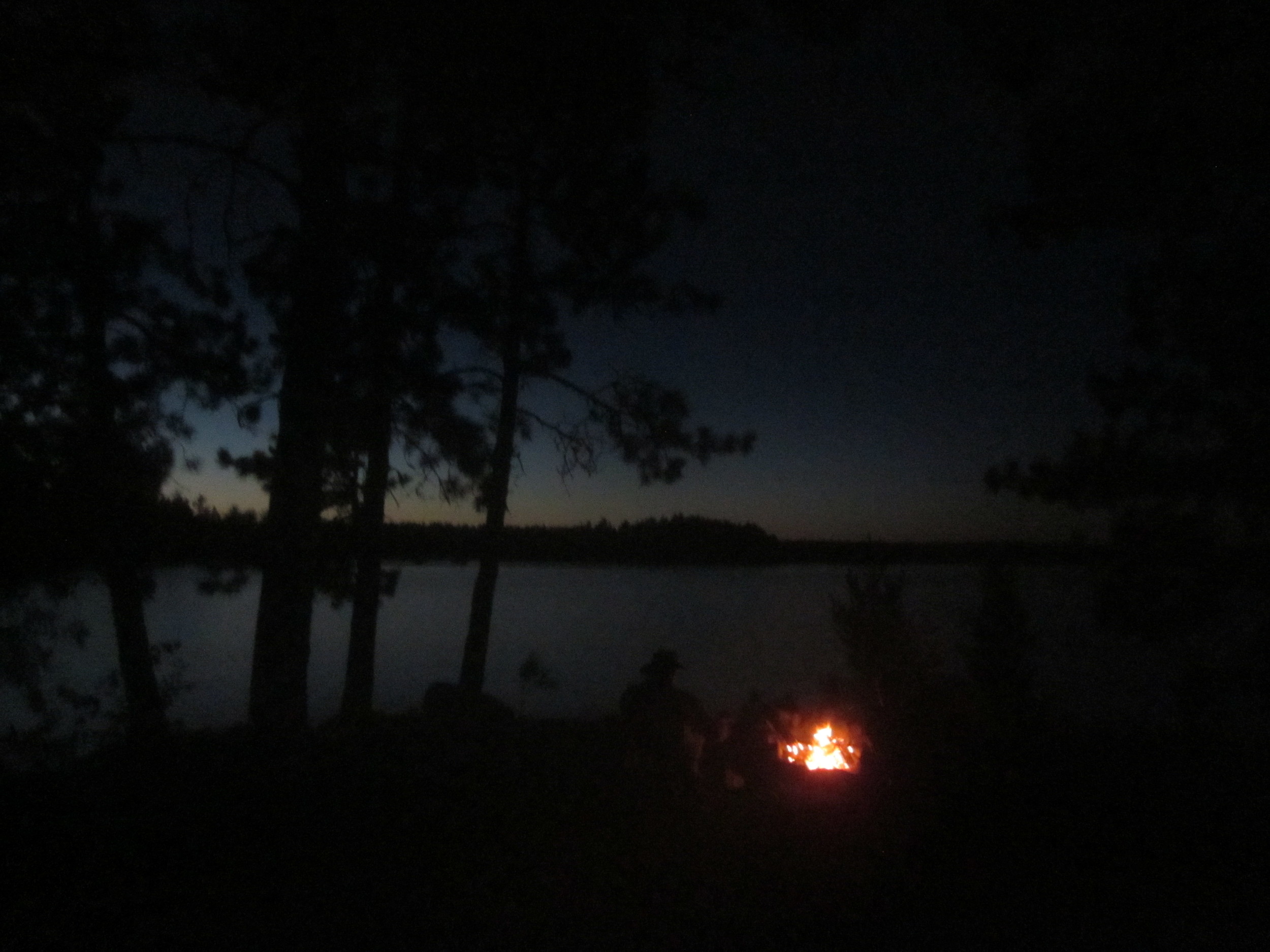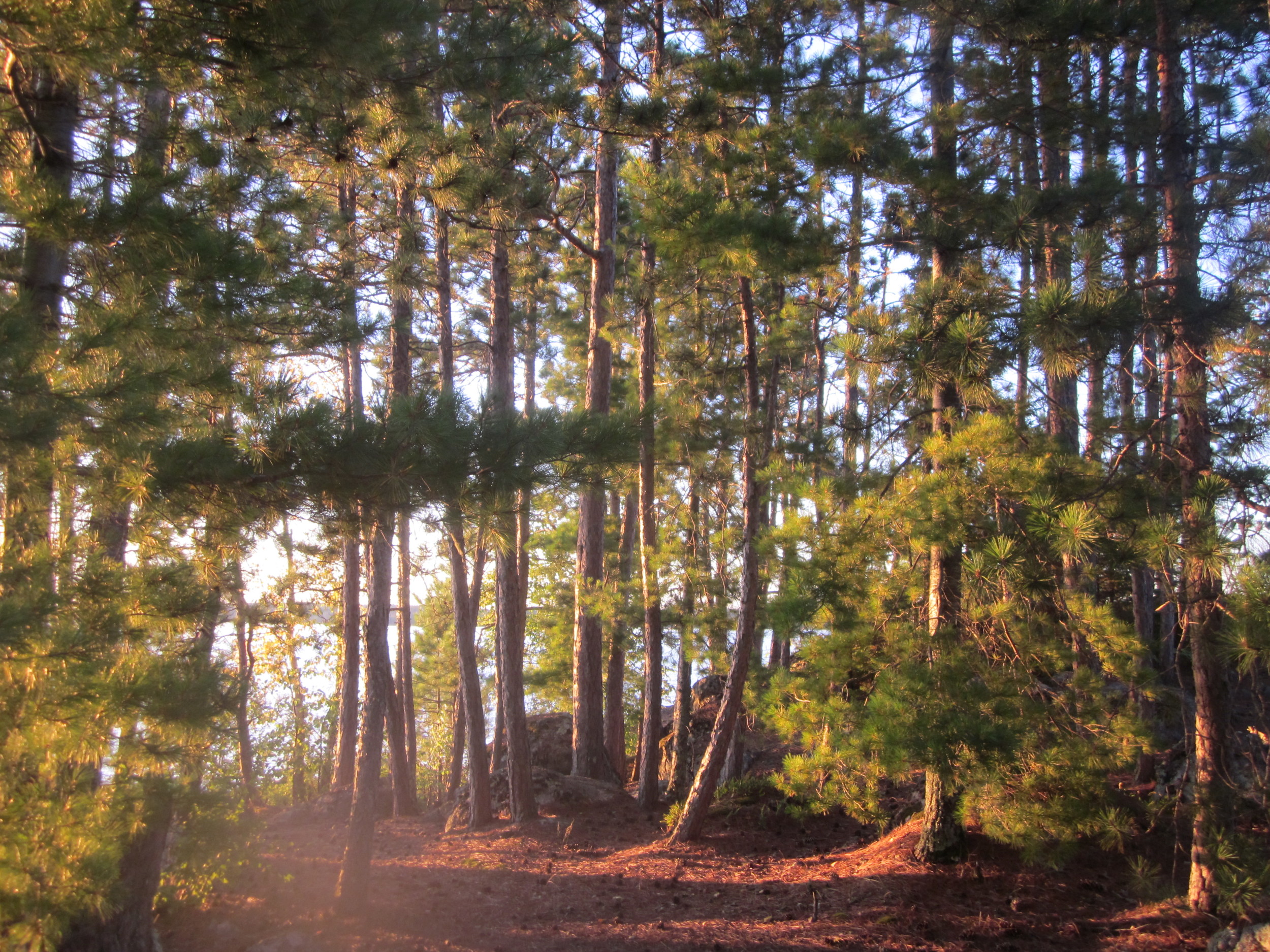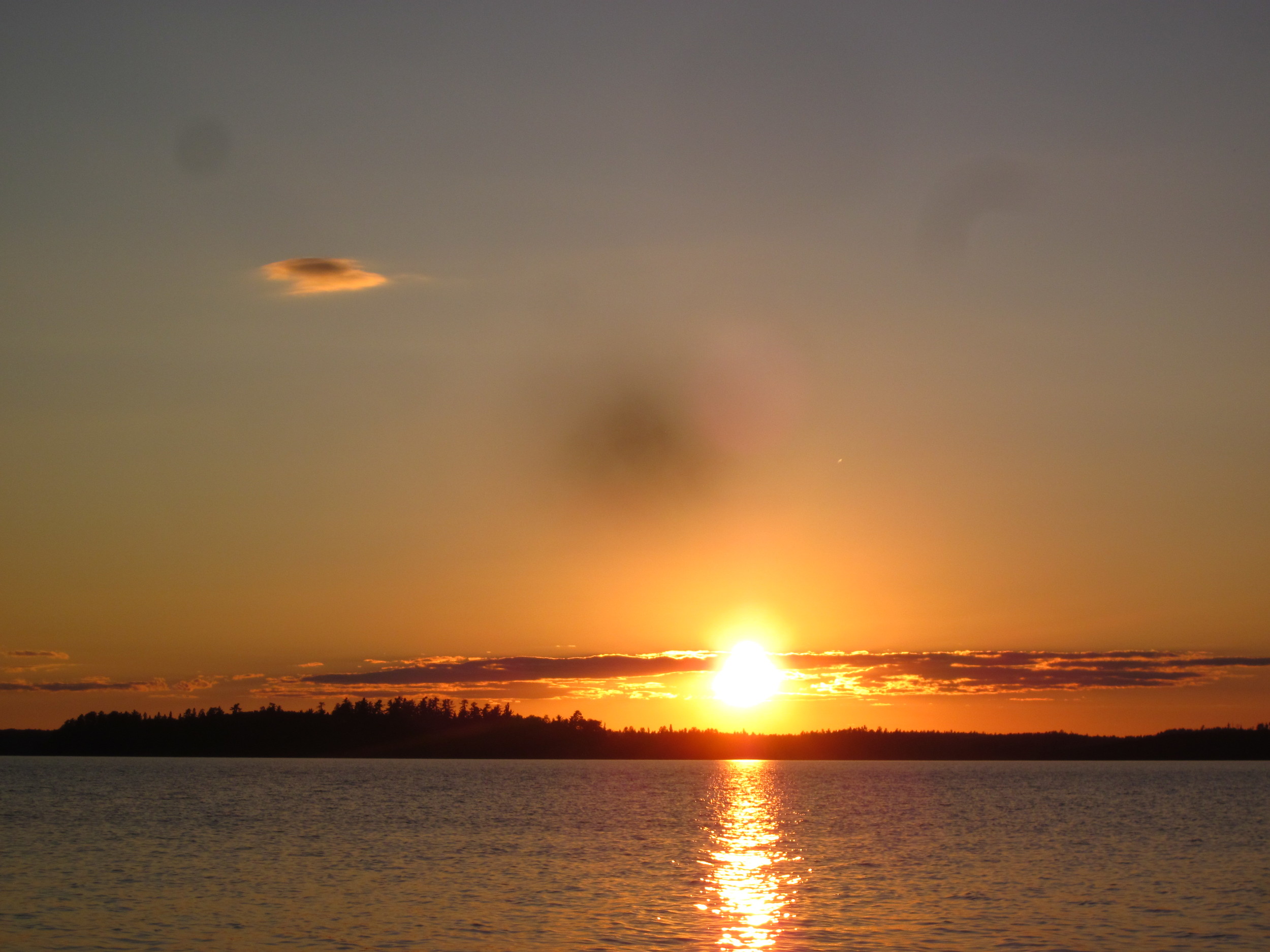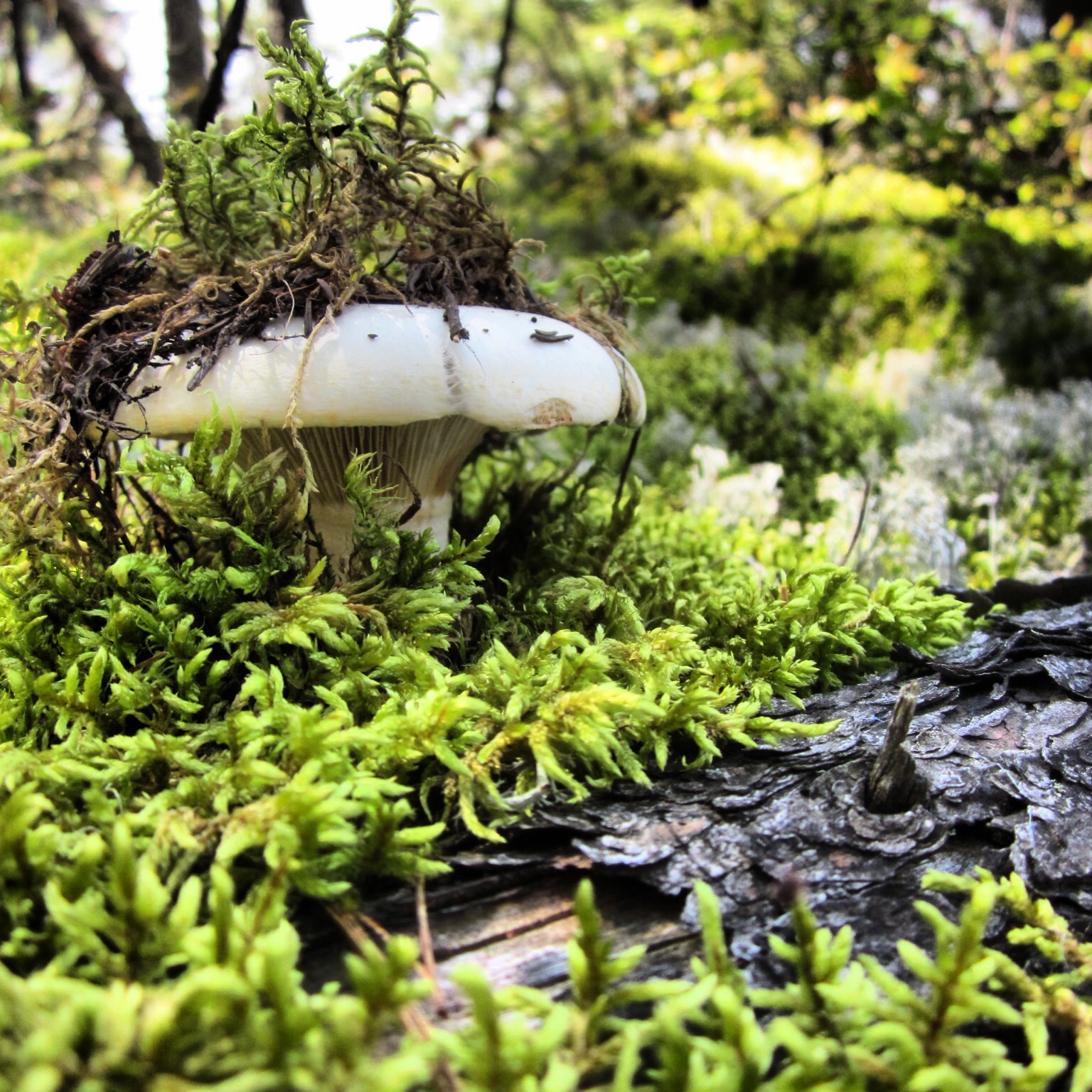Pulling in at sunset after a long day paddling is always a great feeling.
You can't pretend you've truly traveled around Minnesota unless you've been to the Boundary Waters. The Boundary Waters Canoe Area Wilderness (BWCAW) is a million acre stretch of interconnected lakes and waterways on the Minnesota/Canada border just north of Lake Superior. With no roads or even motorboats allowed in most of the wilderness area, the primary mode of transportation is the canoe.
A trip to the boundary waters is a quintessential Minnesota experience. You have to take the good - drifting over lakes as smooth as glass at sunset, eating fire fried fish that were swimming happily around an hour before, falling asleep to the sound of loon calls - with the bad - hauling the your gear in giant Duluth Packs, violently paddling against whitecaps on the water, portaging through insect infested bogs and over mountains, braving the storms that so often rip through the region. But it's an experience like nothing else in the state.
The forest floor in the BWCA is thick with sphagnum moss - a fertile ground for great mushrooms like these ones.
Many excellent writers have already extolled the wonders of the boundary waters and canoe trips, so I am going to borrow the words of my favorite canoeing enthusiast Sigurd Olson here and I'll give you some more details about my trip in the captions to the pictures.
"The way of a canoe is the way of the wilderness, and of a freedom almost forgotten. It is an antidote to insecurity, the open door to waterways of ages past, and a way of life with profound and abiding satisfactions. When a man is part of his canoe, he is part of all that canoes have ever known."
Freshly picked wild berries in our pancakes in the BWCA
"I remember long trips in the wilderness when food and tobacco were running low, when the weather for a week or a month had been impossible, and the joy that coming back meant in the satisfaction of long-thwarted hunger and comfort. In the light of reflection, that was the real harvest, something to remember whenever the going gets tough."
"In travelling great rivers and lakes, there are times when islands fade, hills and headlands recede, the water merges with the sky in a distant mirage of shimmery blue. These are the open horizons of the far north."
"The canoe was drifting off the islands, and the time had come for the calling, that moment of magic in the north when all is quiet and the water still iridescent with the fading glow of sunset. Even the shores seemed hushed and waiting for the first lone call, and when it came, a single long-drawn mournful note, the quiet was deeper than before." [About a loon call]
"The way of a canoe is the way of the wilderness, and of a freedom almost forgotten."
-Sigurd Olson
